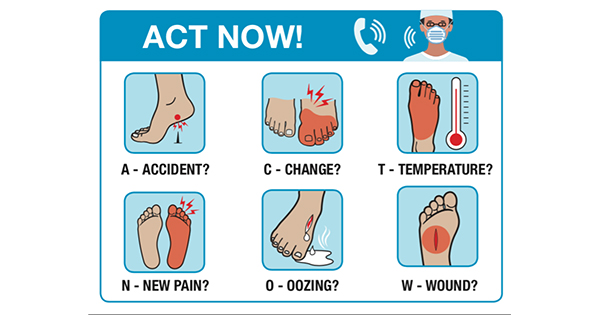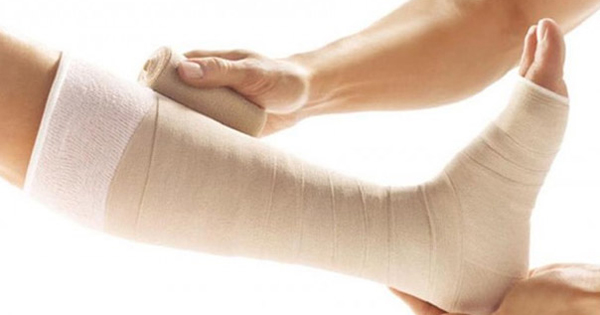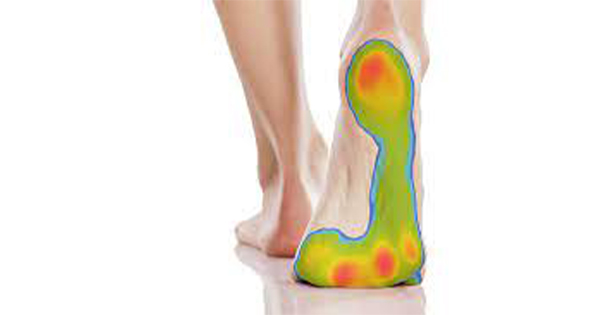Cor was given a 5% chance of survival in a battle with sepsis. She survived, however, doctors were forced to amputate her hands and legs below the knee. Following only 6 months of recovery, she founded Finding Your Feet to provide vital peer support to others in a similar position. Since then, she has been awarded two Honorary Doctorates, received various awards for her charity work and has become the first female quadruple amputee to climb Mount Kilimanjaro. In January 2019, she made medical history by becoming the first Scot to receive a double hand transplant. Cor continues to lead by example, being an advocate for living a healthy and active lifestyle as an amputee, while being open about the challenges she faces both mentally and physically.
The charity has raised more than £1mn over 5 years since its inception and focuses on building confidence and providing opportunities to improve fitness and wellbeing for amputees from all backgrounds and circumstances. Regular clubs and activities include swimming, climbing, pilates and yoga, as well as meditation, counselling and coffee mornings (or Ampu-Teas). Finding Your Feet has online resources available to amputees, families and those who are pre-op, as well as private Facebook groups, which provide peer support, advice and motivation.
As Finding Your Feet continues to grow in both network and services offered, the charity recently introduced a hospital visit programme. Team members and volunteers will attend hospital wards in Glasgow to visit amputees in recovery and make them aware of all that the charity offers. We have found that for the patient, meeting another amputee early on and hearing about all of the positive activities and initiatives available is a massive boost to their confidence.
Since many amputations are elective or scheduled in advance, Finding Your Feet also works with individuals who are pre-amputation. This gives patients and their families expectations of what’s to come, helpful resources and reassurance that life can be positive and fulfilling following the surgery. Anne-Marie, a below-knee amputee from Glasgow, said: “After my operation, Finding Your Feet was a great place to help me normalise being an amputee. Since joining a couple of years ago, they have helped improve my confidence. Although I go through ups and downs with my mood and motivation levels, they understand. They don’t judge and they offer support and encouragement to bring you back into the fold. They’ve helped me to feel better about myself and to realise that life as an amputee can be positive and fulfilling and fun.”
As is well known, diabetes is a major cause of amputations. Finding Your Feet has found that positive lifestyle changes and a suitable form of regular physical activity not only benefits people’s fitness and wellbeing, but also allows them to make connections and, crucially, avoid isolation.
The charity understands that amputations occur across a broad range of circumstances, including age, long-term health issues and trauma. Therefore, the services on offer have been designed to include everyone, no matter their circumstances. Finding Your Feet knows that every amputee has individual challenges and ensures these are recognised and relevant support is provided. Finding Your Feet has a goal of reaching every amputee in Scotland, to ensure they know support is available, and also giving them an opportunity to help others who are approaching amputation or are in recovery.





